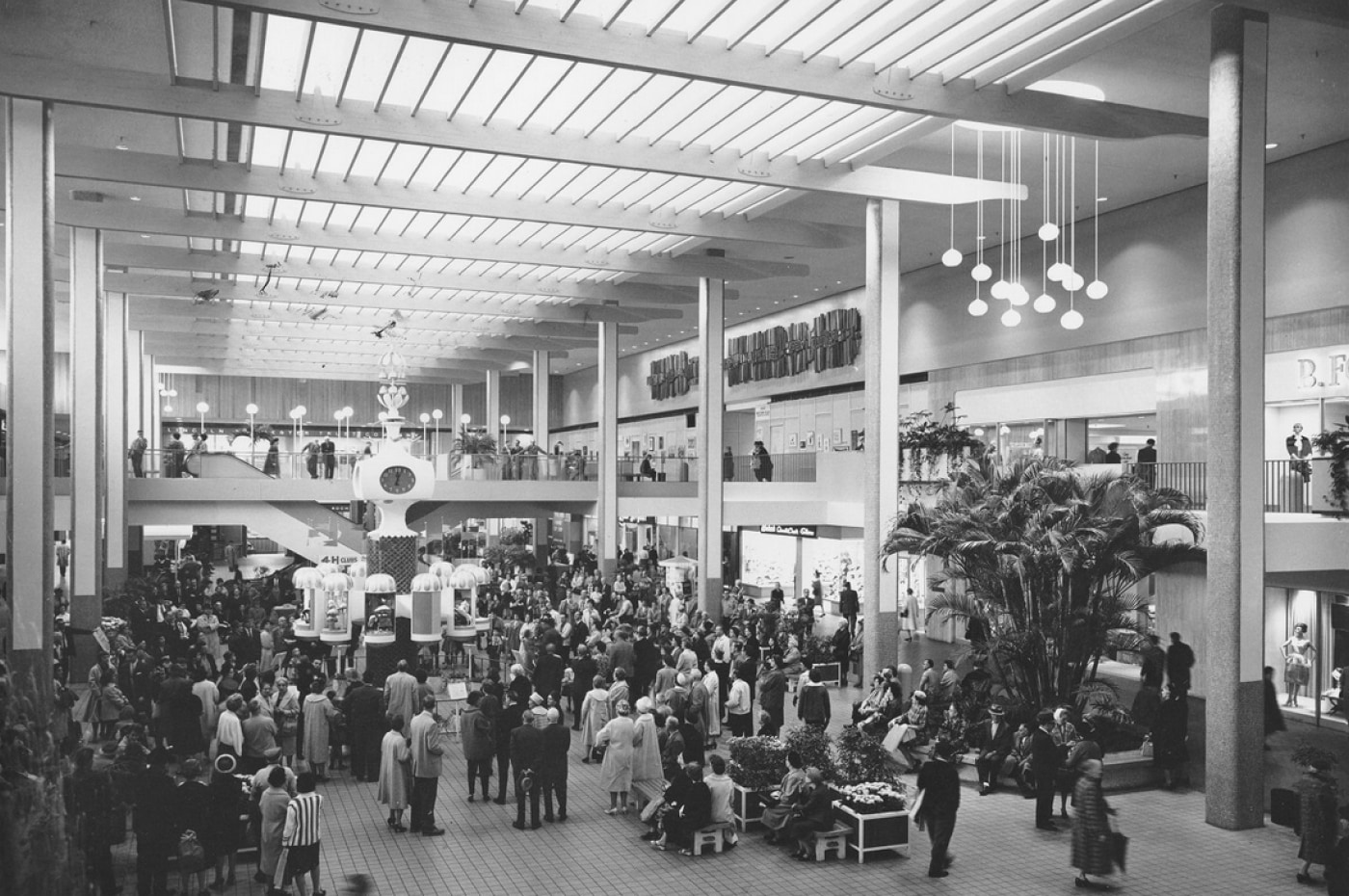NewslettersAugust 6th, 2019
PG #39: Paying attention to what we already know


“There are many opportunities to create systems that work from the elements and technologies that exist. Perhaps we should do nothing else for the next century but apply our knowledge. We already know how to build, maintain, and inhabit sustainable systems. Every essential problem is solved, but in the everyday life of people this is hardly apparent.”
— Bill Mollison, Permaculture: a Designer’s Manual (1988)
Innovation, in my experience, rarely means coming up with something new. In my career as a designer, some of the most ‘innovative’ things I’ve seen or participated in have been exactly what Bill Mollison describes – applying existing knowledge in a new way, to build systems that work.
As we face new challenges in a rapidly changing political, social, economic and ecological climate, we would do well to pay attention to what we already know how to do.In the last newsletter I talked about how we already know how to solve the homelessness crisis. (Hint: give people homes.) There are many, many facets of society where ‘applying existing knowledge’ could be a true innovation. We already know how to transition away from coal, for example.
Now, I’m not saying that applying existing knowledge is easy – all sorts of things hold us back from being able to lift and apply innovation from elsewhere. The specifics of local communities, local attitudes, local ideologies, local relationships – they all matter if change is going to stick!
This is why things like co-design – community led, adaptive, iterative and local –are the only way we’ll make lasting innovative change in places where change needs to happen. For this reason, I’m heartened by the renewed attention being paid to co-design, systems thinking, permaculture, and similar fields in the design industry as a whole.
And though originally designed 40 years ago, the basic texts and principles of permaculture still hold true today. At this moment, we should be paying more attention to what we already know, and looking for innovative ways to apply this knowledge.

